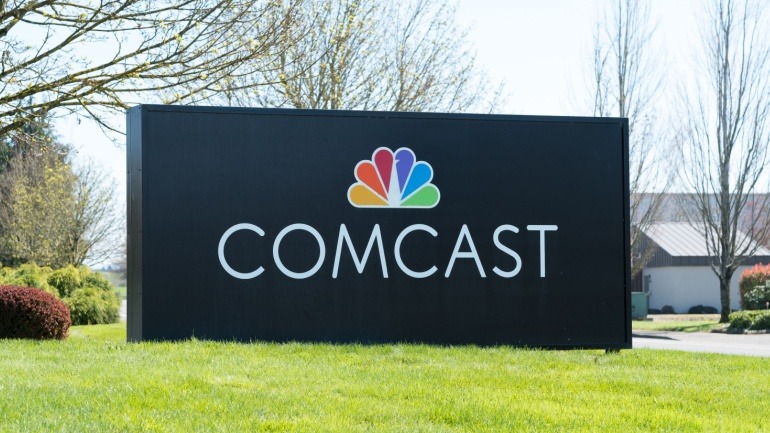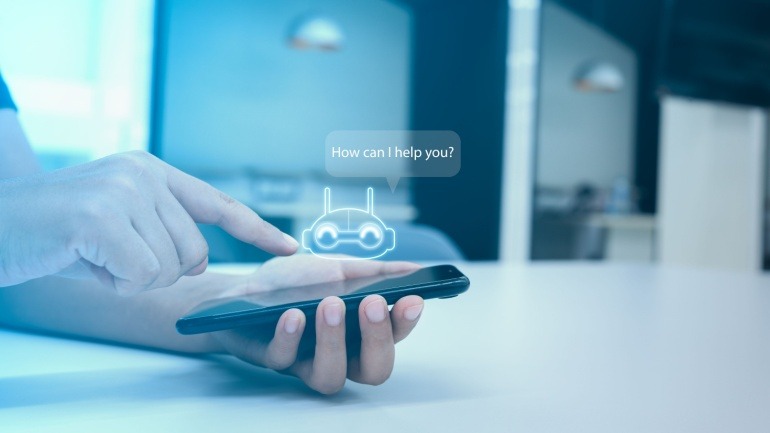Bell Canada is capitalizing on market conditions with its new Security-as-a-Service (SECaaS) offering. This move aligns with Canada’s national pride, offering real-time threat response, scalability, and local data compliance. As cyber threats rise, leveraging advanced security solutions ensures data remains sovereign.
Vivendi has reduced its stake in Telecom Italia (TIM) from 23.8% to 18.4%, with plans for a full exit. Tensions arose over TIM’s €22 billion network sale to KKR, which Vivendi legally contested.
Comcast is expanding its Janus initiative, transforming network architecture through virtualization and AI, impacting 64 million locations. In collaboration with DriveNets, this move enhances network management, reduces costs, and improves service flexibility.
Nokia and Honeywell Aerospace Technologies have joined Canada’s quantum-secure networks testbed, led by Numana. Their partnership aims to develop quantum-safe networks, leveraging Montreal’s Kirq Quantum Communication Testbed. The initiative seeks to drive global adoption of secure quantum communication.
Meta is launching “Meta AI” across 41 European countries, integrating its assistant into Facebook, Instagram, WhatsApp, and Messenger. Despite regulatory delays, the AI will support six languages, with group chat features rolling out soon.
NTT Data’s Agentic AI suite is set to revolutionize industries such as manufacturing, banking, and healthcare. By leveraging hyperscaler platforms like Azure AI, businesses can develop private AI agents to enhance operations.
SK Telecom has made a major leap in AI capabilities by integrating Google’s Gemini 2.0 Flash into its AI agent, adot. This upgrade promises an enhanced user interaction experience by offering access to a wide array of AI models from global platforms, including ChatGPT and Claude.
GM and NVIDIA are partnering to integrate AI into vehicles, factories, and robotics. This collaboration leverages NVIDIA’s computing platforms to enhance manufacturing, streamline production, and advance driver-assistance systems.
O2 is combating scam calls with AI-powered detection, flagging 150 million suspicious calls since partnering with Hiya. Common scams involve fraudsters posing as HMRC, Amazon, or banks. AI-driven efforts have reduced answered spam calls by 42%
Verizon launched the AI-powered Verizon Business Assistant to help small businesses automate customer interactions. The tool answers common questions instantly and connects users to live agents for complex issues.













